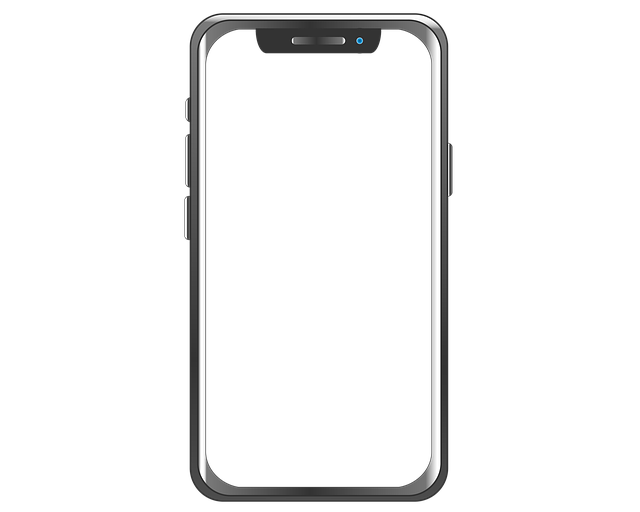Spam calls are a prevalent issue in West Virginia, but the Telephone Consumer Protection Act (TCPA) offers legal recourse. To combat this, individuals should document spam incidents, consult with specialized spam call law firms or lawyers for TCPA in West Virginia, and understand their rights under TCPA regulations. Interactive workshops using local examples, case studies, and visual aids can educate residents on stopping spam calls effectively. Engaging with a reputable spam call lawyer or firm is crucial for navigating legal options and blocking unwanted calls in West Virginia.
In West Virginia, understanding and combating spam calls is crucial due to the Telephone Consumer Protection Act (TCPA) regulations. This comprehensive workshop aims to empower residents with knowledge on identifying and documenting spam incidents, leveraging the expertise of local law firms and TCPA lawyers. We’ll explore effective strategies for community engagement and workshop delivery, equipping participants with tools to stop spam calls once and for all in West Virginia. Join us to become a champion against unwanted telemarketing tactics.
Understanding Spam Calls and Their Legal Ramifications in West Virginia
Spam calls, also known as unsolicited or unwanted telephone marketing calls, are a prevalent issue across the nation, including West Virginia. While many may consider them an annoyance, these calls can have significant legal ramifications. The Telephone Consumer Protection Act (TCPA) is a federal law designed to curb such practices and protect consumers from intrusive phone marketing. In West Virginia, firms and individuals found guilty of violating this act can face substantial penalties.
Understanding the TCPA is crucial for anyone looking to navigate how to stop spam calls in West Virginia. A spam call law firm or experienced spam call lawyers can guide you through your rights and options under the TCPA. These legal professionals can help ensure that any efforts to combat unwanted calls comply with local laws, providing a more effective and lasting solution to this pervasive problem.
Identifying and Documenting Spam Call Incidents
Identifying and documenting spam call incidents is a crucial step in understanding the scope of the problem and effective prevention. In West Virginia, as across the nation, businesses and individuals can use tools provided by telecommunication regulations to track and record suspicious calls. The first step involves recognizing a spam call—these are often automated or recorded messages from unknown numbers promoting products, services, or scams. Once identified, these calls should be documented with details such as the caller’s number, date and time of the call, and a brief description of the message.
Keeping a log of these incidents not only helps individuals take proactive measures to stop spam calls West Virginia but also serves as valuable evidence if legal action is required. A spam call lawyer West Virginia or a law firm specializing in TCPA (Telecommunications Consumer Protection Act) cases can assist in analyzing and utilizing this documentation to hold offenders accountable, ensuring that residents of West Virginia have the protection they deserve from unwanted and often fraudulent calls.
The Role of a Law Firm and TCPA Lawyers in Stopping Spam Calls
In the ongoing battle against spam calls, a Spam Call Law Firm in West Virginia plays a pivotal role in safeguarding consumers and upholding telecommunications laws. The Telemarketing and Consumer Protection Act (TCPA) is a robust framework designed to curb excessive and unwanted telemarketing practices. Lawyers specializing in this area are well-versed in the intricacies of the TCPA, enabling them to offer crucial guidance and legal recourse against spam call perpetrators. They work tirelessly to protect consumers’ rights by investigating complaints, negotiating with violators, and, when necessary, initiating legal proceedings.
By engaging a Spam Call Lawyer in West Virginia, individuals and businesses can effectively navigate the complexities of the TCPA. These legal professionals possess the expertise to interpret regulations, identify potential violations, and devise strategic plans to stop spam calls. Their efforts not only provide relief to aggrieved parties but also contribute to fostering a more ethical and transparent telecommunications environment across the state.
Strategies for Effective Workshop Delivery and Community Engagement
When delivering a workshop focused on educating West Virginians about spam calls and how to stop them, engaging your audience is key. Start by using relatable examples and case studies from local communities in West Virginia to illustrate real-life scenarios of spam call experiences. This helps attendees connect with the content and fosters a sense of community engagement. Incorporate interactive elements like polls, question-and-answer sessions, and small group discussions to keep participants active and invested.
Leverage visual aids such as infographics and presentations to simplify complex legal concepts related to the Telephone Consumer Protection Act (TCPA) and spam call laws in West Virginia. Clearly explain the rights of consumers under these laws and provide practical strategies for reporting spam calls, blocking numbers, and seeking legal counsel from a reputable spam call law firm or lawyer for TCPA in West Virginia if needed. Ensure your workshop is informative yet accessible to a diverse audience, empowering them with the knowledge to combat unwanted spam calls effectively.






